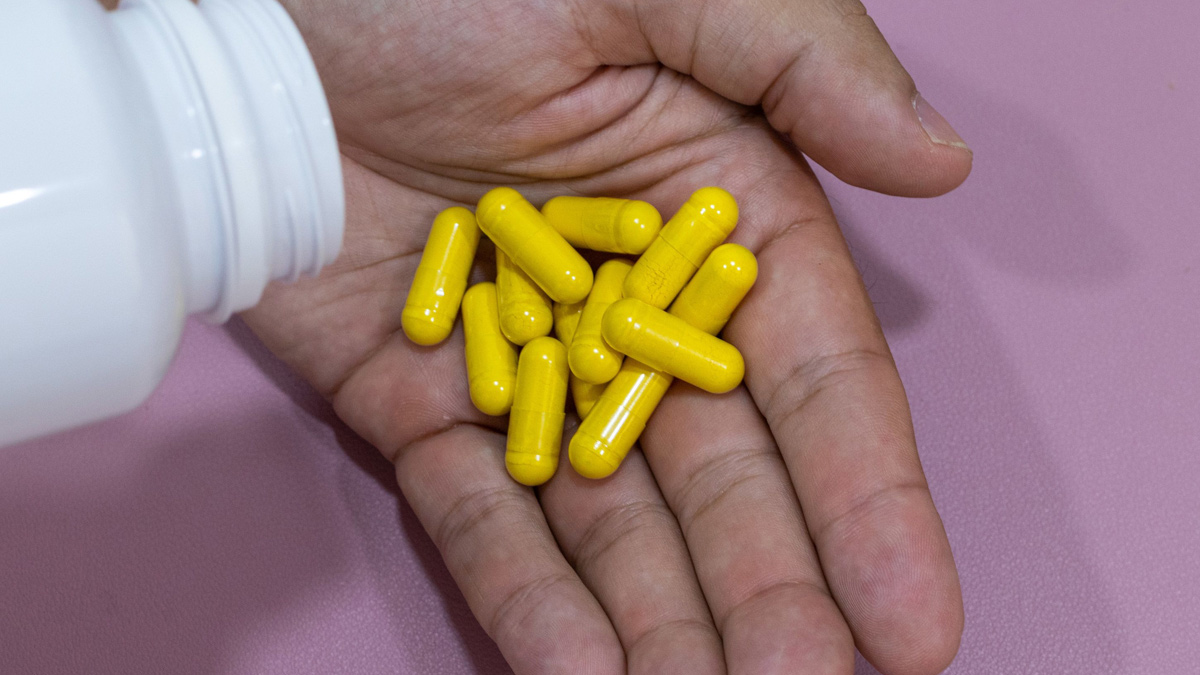
The FDA has recently updated safety guidelines for certain weight loss medications known as GLP-1 receptor agonists, cautioning users about a potential risk during surgeries involving anaesthesia or deep sedation. The medications affected by this update include liraglutide (Saxenda, Victoza), semaglutide (Ozempic, Rybelsus, Wegovy), and tirzepatide (Mounjaro, Zepbound). Here’s what this means for users of these drugs, especially those with upcoming surgeries.
Table of Content:-
Understanding the FDA’s New Warning
In a recent move, the FDA has added a warning to the labels of all GLP-1 receptor agonist drugs, commonly prescribed for weight loss and blood sugar control in diabetes. This new label states that patients on these drugs have experienced cases of pulmonary aspiration during surgeries that required general anaesthesia or deep sedation. Pulmonary aspiration occurs when stomach contents enter the lungs, a potentially serious condition that can lead to respiratory complications.
The FDA's spokesperson clarified that this change is meant to heighten awareness of rare yet severe risks associated with these drugs, especially in patients undergoing surgeries where anaesthesia is administered. Patients using these medications are advised to adhere strictly to pre-surgical fasting guidelines to avoid any residual stomach contents that could pose a danger during anaesthesia.

How GLP-1 Drugs Work and Why This Warning Matters
GLP-1 receptor agonists are a class of drugs primarily used to help people with diabetes manage their blood sugar levels. These medications also slow down the digestive process, making people feel fuller for longer periods—a benefit that has led to their increasing use as weight loss aids. However, the slower gastric emptying effect, while helpful for appetite control, can leave food in the stomach longer, even when patients believe they have adhered to preoperative fasting requirements. This increases the risk of aspiration if anaesthesia is administered.
Aspiration during surgery is a dangerous complication. If stomach contents move into the lungs, it can lead to a range of respiratory issues, from mild irritation to severe infections like aspiration pneumonia. In worst-case scenarios, this can result in life-threatening conditions.
Also Read: Mycoplasma Pneumonia Cases In Japan Continue To Surge; Know All About It
Who Should Be Concerned?
Anyone taking GLP-1 receptor agonists and planning to undergo a procedure involving anaesthesia should be aware of this new warning. Patients should inform their healthcare providers, including surgeons and anesthesiologists, about their use of GLP-1 drugs well in advance of their procedure. This disclosure allows medical teams to make informed decisions regarding anaesthesia options and can help minimize risks.
For instance, patients might be required to fast for an extended period before surgery or consider alternative medications if appropriate. In some cases, doctors may recommend pausing the GLP-1 treatment temporarily ahead of the procedure to reduce the risk of residual stomach content.
What Patients Should Discuss With Their Healthcare Providers
The FDA’s update encourages patients to have open discussions with their healthcare providers before any scheduled surgeries or procedures. Here are some important points to cover:
- Medication Details: Patients should specify which GLP-1 drug they are taking, as well as the dosage and duration.
- Fasting Requirements: Patients should ask about how long they need to fast beforehand, as standard guidelines may differ for those on GLP-1 receptor agonists.
- Alternatives and Adjustments: In some cases, alternative weight management or diabetes medications may be recommended temporarily to avoid complications.
Healthcare providers need to be fully aware of all medications a patient is on, as this information plays a crucial role in planning for safe anaesthesia and surgery.
Also Read: New Digital Health Program Reduces Depression Risk in Rural India, Study Shows
Balancing Benefits and Risks of GLP-1 Medications
Despite the new warning, GLP-1 receptor agonists have proven highly effective for both blood sugar management in diabetes and weight loss. For individuals with diabetes, stable blood sugar levels are critical during surgery and recovery. Additionally, weight loss can have a range of positive health impacts, including improved cardiovascular health, reduced joint strain, and better blood pressure control.
However, like many medications, GLP-1 receptor agonists come with a unique set of risks. In light of this updated guidance, patients must be vigilant and proactive, ensuring that they communicate with their healthcare providers to reduce the risk of complications.
Bottomline: Stay Informed and Communicate
With the FDA’s updated warning, patients using GLP-1 drugs have a new layer of precaution to consider. By communicating openly with their healthcare providers and understanding the potential risks, they can continue to use these effective treatments while minimizing dangers during anaesthesia and surgery.
If you’re currently taking any of the affected medications and have a procedure on the horizon, remember to discuss your medication regimen with your doctor to ensure your safety every step of the way.
Also watch this video
How we keep this article up to date:
We work with experts and keep a close eye on the latest in health and wellness. Whenever there is a new research or helpful information, we update our articles with accurate and useful advice.
Current Version